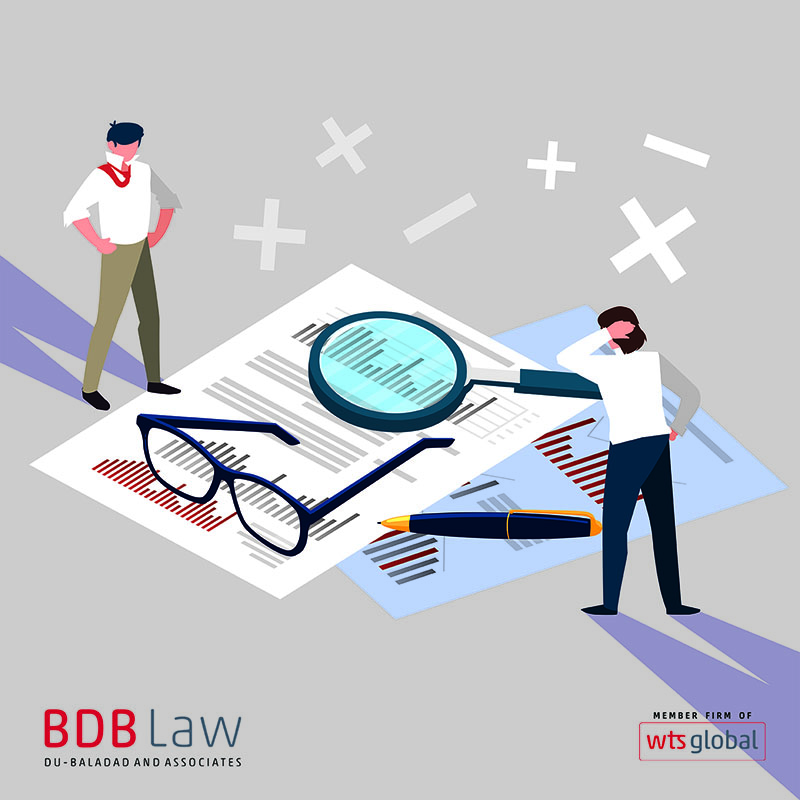
Taxability of Private Educational Institutions
By Atty Rodel C. Unciano
"All revenues and assets of non-stock, non-profit (NSNP) educational institution used actually, directly and exclusively for educational purposes shall be exempt from taxes and duties, pursuant to Paragraph 3, Section 4, Article XIV of the 1987 Constitution, and as reiterated in Section 30 of the Tax Code. As circularized in RMC 78-2022, the NSNP educational institution must comply with the following requisites in order for the constitutional exemption to be enjoyed: 1) the school must be non-stock and non-profit and 2) the income is actually, directly and exclusively used for educational purposes."
The educational system is vital component in the economic development of any country. In the Philippines, no less than our constitution recognizes this role of the education sector. Consistent with this policy, the State does provide special tax treatment to certain class of educational institutions.
Pursuant to the Corporate Recovery and Tax Incentives for Enterprises Act (CREATE) and as clarified by Republic Act (RA) 11635 and as circularized recently in Revenue Memorandum Circular (RMC) 78-2022, proprietary educational institution that is considered a corporation shall pay a tax of ten percent (10%) on their taxable income, provided that beginning July 1, 2020 until June 30, 2023, the tax rate imposed shall be one percent (1%). If the gross income of the proprietary educational institution from unrelated trade, business or other activity exceeds fifty percent (50%) of the total gross income derived by from all sources, the regular corporate income tax shall be imposed on the entire taxable income.
 The term ‘unrelated trade, business or other activity’ means any trade, business or other activity, the conduct of which is not substantially related to the exercise or performance by such educational institution of its primary purpose or function. ‘Proprietary educational institution’ means any private school maintained and administered by private individuals or groups with an issued permit to operate from the Department of Education (DepEd), or the Commission on Higher Education (CHED), or the Technical Education and Skills Development Authority (TESDA), as the case may be, in accordance with existing laws and regulations.
The term ‘unrelated trade, business or other activity’ means any trade, business or other activity, the conduct of which is not substantially related to the exercise or performance by such educational institution of its primary purpose or function. ‘Proprietary educational institution’ means any private school maintained and administered by private individuals or groups with an issued permit to operate from the Department of Education (DepEd), or the Commission on Higher Education (CHED), or the Technical Education and Skills Development Authority (TESDA), as the case may be, in accordance with existing laws and regulations.
As circularized in RMC 78-2022, the income of an individual, trust, or estate that owns the proprietary educational institution as a sole proprietor, is taxable under Sections 24 and 25 of the Tax Code, and the applicable tax rates shall depend on the citizenship and residence of such individual, trust, or estate. The income of a corporation that is not organized as domestic corporation but is classified as resident foreign corporation, is taxable under Section 28(A) of the Tax Code.
All revenues and assets of non-stock, non-profit (NSNP) educational institution used actually, directly and exclusively for educational purposes shall be exempt from taxes and duties, pursuant to Paragraph 3, Section 4, Article XIV of the 1987 Constitution, and as reiterated in Section 30 of the Tax Code. As circularized in RMC 78-2022, the NSNP educational institution must comply with the following requisites in order for the constitutional exemption to be enjoyed: 1) the school must be non-stock and non-profit and 2) the income is actually, directly and exclusively used for educational purposes.
Domestic non-stock non-profit (NSNP) educational institution whose net income or asset accrue/inure to or benefit any member or specific person shall be subject to the ten percent (10%) preferential income tax rate, provided that beginning July 1, 2020 until June 30, 2023, the tax rate imposed shall be one percent (1%). If the gross income of NSNP educational institution from unrelated trade, business or other activity exceeds fifty percent (50%) of the total gross income it derived from all sources, the regular corporate income tax shall likewise be imposed on the entire taxable income of the institution.
Giving tax relief to private educational institutions is consistent with the government’s objective of making quality education accessible to all.
The author is a partner of Du-Baladad and Associates Law Offices (BDB Law), a member-firm of WTS Global.
The article is for general information only and is not intended, nor should be construed as a substitute for tax, legal or financial advice son any specific matter. Applicability of this article to any actual or particular tax or legal issue should be supported therefore by a professional study or advice. If you have any comments or questions concerning the article, you may e-mail the author at This email address is being protected from spambots. You need JavaScript enabled to view it. or call 8403-2001 local 140.



